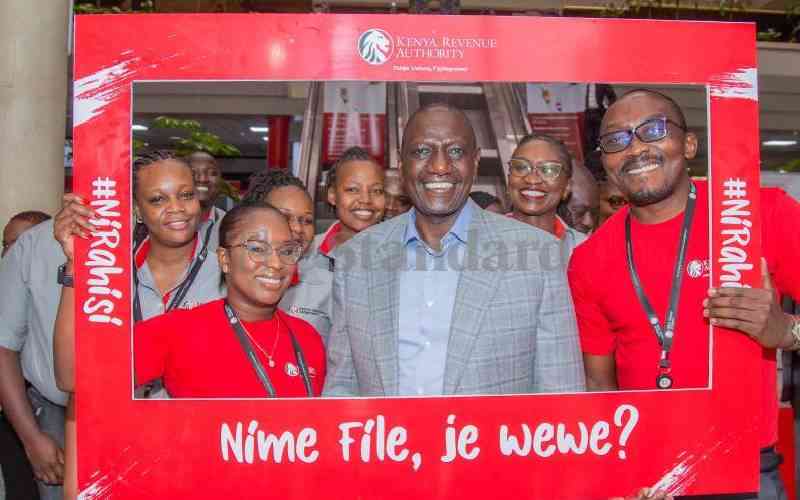×
The Standard e-Paper
Informed Minds Prefer The Standard

One of Kenya's leading telecommunication companies has already started sharing real-time data on mobile money transactions and other relevant information with the Kenya Revenue Authority (KRA) to enhance tax compliance and bolster revenue collection, the government has confirmed.